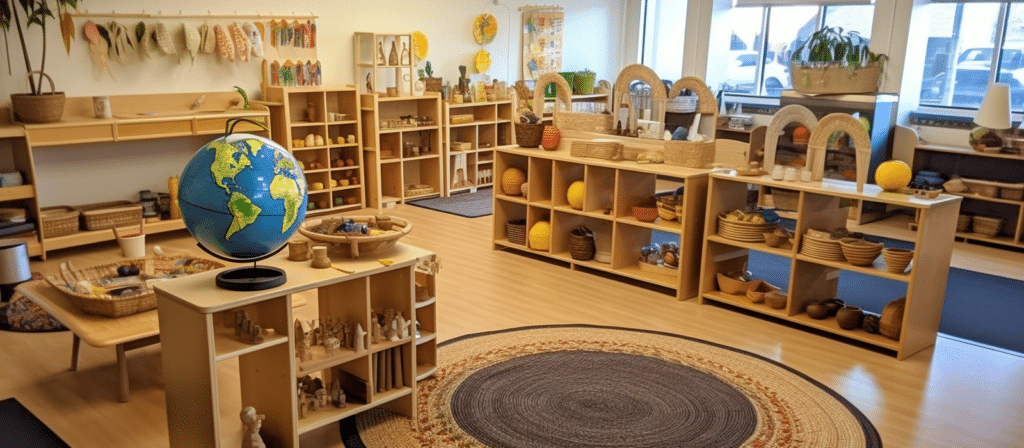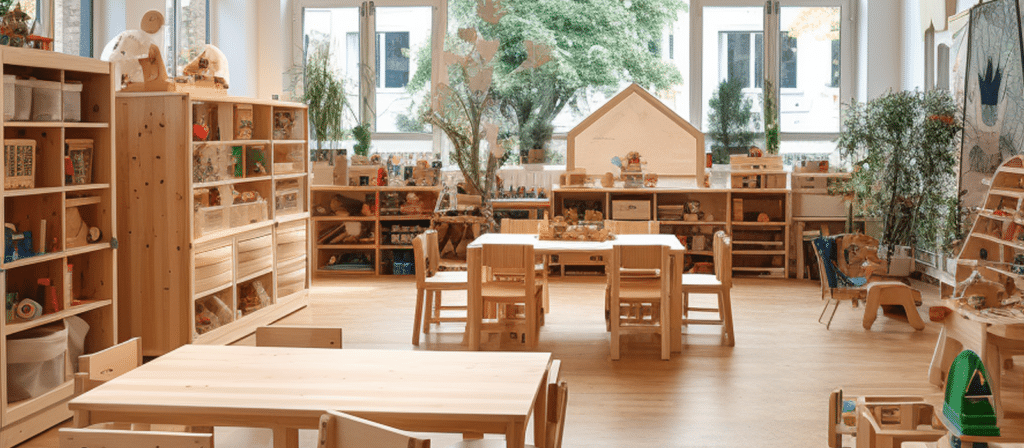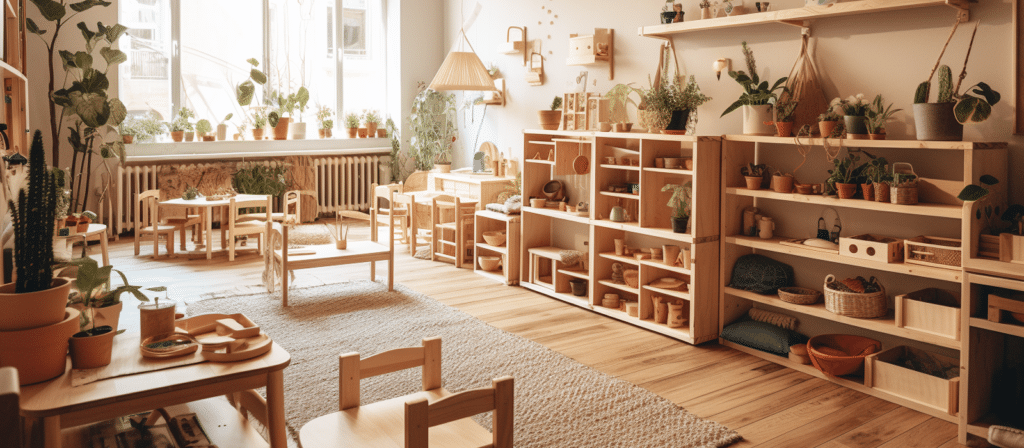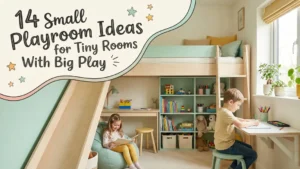How can furniture play a pivotal role in fostering inclusive and welcoming preschool environments? Join us on a journey where we explore the transformative power of furniture in creating spaces that embrace diversity, promote accessibility, and ensure that every child feels valued and included.
Preschool furniture should not only be functional but also cater to the diverse needs of children. It should be designed with consideration for children with disabilities, sensory sensitivities, and different learning styles. By incorporating inclusive furniture, we can create an environment that allows all children to participate fully and comfortably.
Why is inclusive furniture important?
Inclusive furniture promotes accessibility and equal opportunities for all children. It ensures that children with disabilities or physical challenges can navigate the space independently. For example, adjustable-height tables and chairs allow children of different sizes and abilities to sit comfortably and engage in activities. This promotes inclusivity by eliminating barriers and fostering a sense of belonging for all children.
Inclusive furniture also takes into account sensory needs. Some children may have sensory sensitivities and require furniture that is soft and comfortable, such as bean bags or padded seating. Creating a sensory-friendly environment can help reduce anxiety and promote a positive learning experience for all children.

How can inclusive furniture enhance learning?
Inclusive furniture fosters collaboration and social interaction among children. When children are comfortable and have access to furniture that supports their needs, they are more likely to engage with their peers and participate in group activities. For example, round tables with ample seating space encourage collaboration and communication. This inclusive seating arrangement allows children to work together, share ideas, and develop important social skills.
Inclusive furniture also promotes independence and self-confidence. When children can independently choose and use furniture that meets their needs, they develop a sense of autonomy and self-reliance. This empowers them to take ownership of their learning and explore their creativity. By providing a variety of furniture options, such as standing desks or cozy reading nooks, we encourage children to make choices that support their individual learning styles and preferences.
What are some examples of inclusive furniture?
- Adjustable-height tables and chairs: These allow children to find a comfortable seating position and accommodate different heights and abilities.
- Soft seating options: Bean bags, floor cushions, and padded chairs provide a cozy and comfortable space for children with sensory sensitivities.
- Multifunctional furniture: Furniture that can be easily rearranged or transformed, such as modular seating or flexible storage units, allows for versatile use of space.
- Accessible storage: Low, open shelves or bins with clear labels make it easier for children to independently access and put away materials.
- Personalized spaces: Creating designated areas for different activities, such as a reading corner or a sensory exploration zone, helps children feel a sense of ownership and control over their environment.

How can educators and parents advocate for inclusive furniture?
Educators and parents play a vital role in advocating for inclusive furniture in preschool environments. Here are some steps they can take:
- Research and share resources: Educate yourself about the benefits of inclusive furniture and share this information with colleagues, administrators, and parents. Provide them with resources, such as articles and studies, that support the importance of inclusive design in early childhood education.
- Collaborate with designers and suppliers: Engage with furniture designers and suppliers who specialize in inclusive design. Share your specific needs and requirements to ensure that the furniture selected meets the diverse needs of the children in your care.
- Seek funding opportunities: Look for grants or funding programs that support the purchase of inclusive furniture. Highlight the long-term benefits of inclusive design, such as improved learning outcomes and increased student engagement, when making funding proposals.
- Involve children in the decision-making process: Consider the opinions and preferences of the children themselves. Get their input on the types of furniture they find comfortable and enjoyable. By involving children in the decision-making process, we empower them and foster a sense of ownership in their learning environment.
In conclusion
Creating inclusive preschool environments with the right furniture is essential for supporting the diverse needs of children. Inclusive furniture promotes accessibility, enhances learning experiences, and fosters a sense of belonging for all children. By advocating for inclusive design and incorporating furniture that caters to the unique needs of children, we can create preschool environments that celebrate diversity and provide equal opportunities for every child to thrive.
Remember, when it comes to creating inclusive spaces, every little chair makes a big difference!













